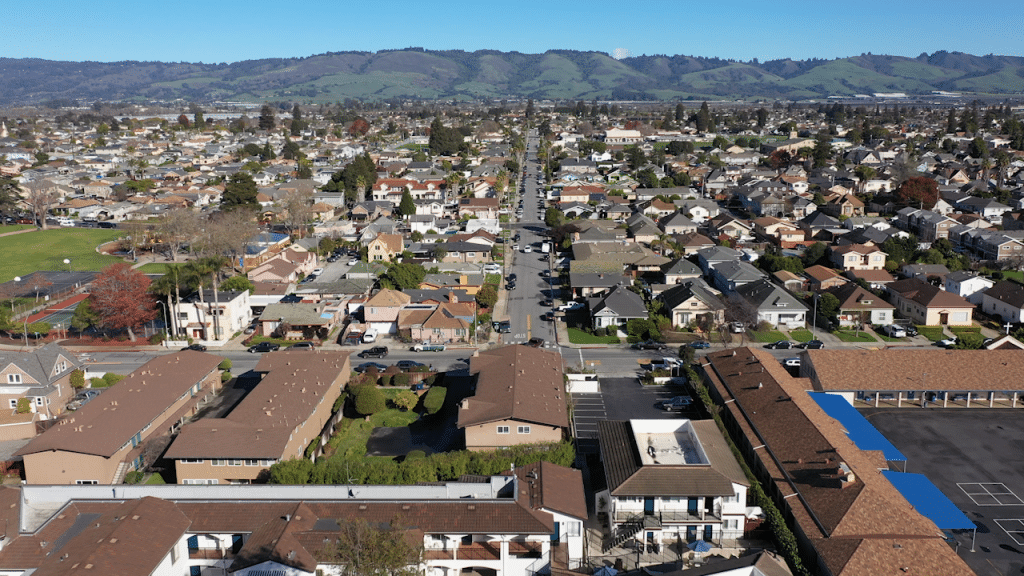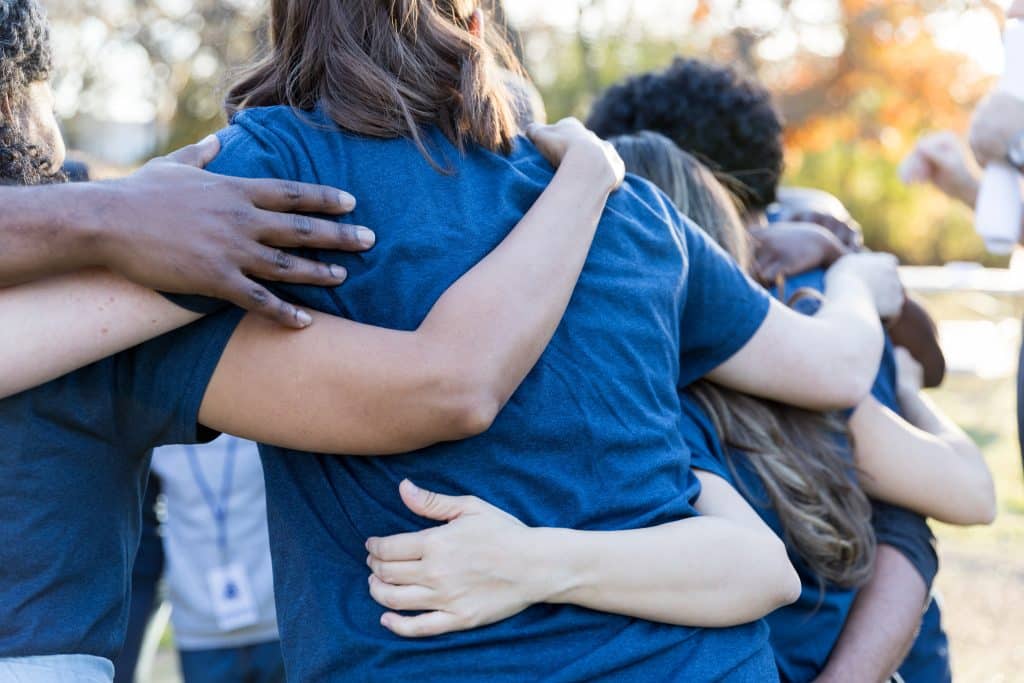The ocean has incredible capacity — it produces half of the Earth’s oxygen, supports a rich diversity of marine life, regulates our climate, and provides food and livelihoods for billions of people around the world. At the Packard Foundation, we believe that solutions are the most durable for the environment and human well-being when the communities that rely on the ocean lead in the design and implementation of those solutions.
For nearly six decades, the Packard Foundation has been committed to protecting and restoring the ocean. Our grantmaking focuses on the communities that rely most on a healthy ocean, working with them to develop and carry out solutions that restore marine biodiversity, ensure fisheries are managed responsibly and sustainably to benefit both people and nature, and advance ocean-based climate solutions.
Here are five things you should know about our ocean strategy and the work we’re supporting around the world:
1. We focus on three urgent threats to ocean health.
The ocean is under immense pressure. Our strategy targets three major, interconnected threats: illegal and unsustainable fishing, habitat loss, and climate change. These challenges not only harm marine ecosystems but also put the livelihoods, food security, and cultural heritage of billions of people at risk, especially those living in coastal communities.
Our work is designed to address these threats in ways that bolster community leadership, because we know solutions are more effective and lasting when shaped by those most affected.
2. We know community and ocean health are deeply connected.
From small-scale fishers to Indigenous leaders to seafood workers, communities that rely on the ocean are at the forefront of both ocean conservation and climate resilience. Our strategy prioritizes their leadership in shaping and implementing solutions. Across our focal areas—global fisheries, ocean habitats and communities, and ocean-based climate solutions—we support work that invests in local capacity, protects human rights, and ensures that communities have a meaningful voice in decisions that impact their lives.
This includes supporting Tribal co-management of marine protected areas in the U.S., advancing community-led marine conservation in Chile and Indonesia, strengthening worker protections in seafood supply chains in East and Southeast Asia, and ensuring inclusive community participation in California’s offshore wind development.
3. We focus on connections between grassroots and global organizations.
The health of the ocean is shaped not just by local practices, but also by global systems. Civil society, supply chains, and governance all play important roles in addressing the challenges that face the ocean and the communities that rely on it.
We support grassroots and advocacy organizations, strengthen the leadership of workers in driving change within seafood supply chains, and advance policies that protect ocean ecosystems and uphold human rights—from the local to the international level. By working across all three approaches, we aim to create the conditions for large-scale, lasting change.
4. We support work in geographies where our funding can have a lasting impact.
The Packard Foundation supports ocean work at local, national, and global levels, with a focus on regions that are critical to ocean health and where communities deeply rely on the ocean for food security, livelihoods, and cultural heritage. Our ocean habitat and communities efforts are centered in Chile, Indonesia, and the United States—areas with rich biodiversity and strong local leadership. For our work on sustainable and equitable fisheries, we focus on East and Southeast Asia, a region that plays a critical role in the global seafood trade. Our ocean-based climate solutions work is anchored in California, where supportive policies, abundant wind resources, and leadership on clean energy offer a model for responsible offshore wind development.
Across the Ocean initiative, we also engage in global partnerships to help scale high-impact solutions worldwide.
5. We know the ocean can thrive if we act together.
We are optimistic. The ocean is resilient, and so are the people who depend on it. When civil society, businesses, and governments align around bold action and community leadership, recovery is not only possible, it’s already happening in many places.
Our strategy reflects decades of learning and evolution in ocean conservation and climate philanthropy. It’s designed to be adaptive, ambitious, and grounded in partnerships with those working closest to the ocean. We remain dedicated to protecting and restoring the ocean for people and for nature, now and for future generations.




